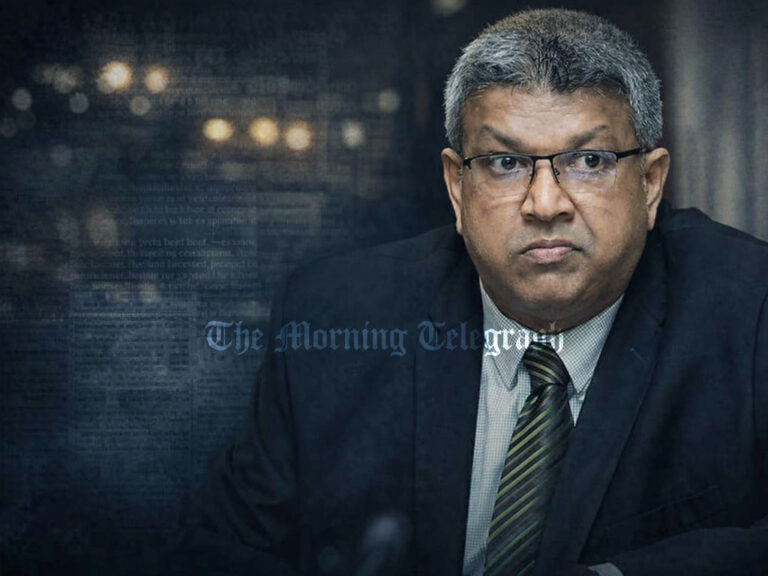
In light of the changing political landscape, Sri Lankan banks and financial institutions have been cautioned to closely monitor accounts linked to politically connected individuals. Banking officials have raised concerns over the rising number of transactions in these accounts, citing the higher risk these individuals pose for illicit activities such as bribery, money laundering, and illegal asset acquisition.
Politically connected individuals—those with ties to influential figures or holding public office—are considered high-risk customers due to their potential involvement in corruption and other illegal financial dealings. A senior banker from a foreign bank explained that, with the changing political environment, the need to scrutinize transactions from politicians and other high-profile individuals has become increasingly important. “These individuals are often known for their suspicious financial activities, and banks must be vigilant in monitoring their accounts,” the banker stated.
The Financial Intelligence Unit (FIU) of Sri Lanka launched a program in October last year aimed at identifying politically exposed persons (PEPs) engaging in transactions with financial institutions or designated non-financial businesses. This initiative is in accordance with Sri Lanka’s Financial Transactions Reporting Act (No. 06 of 2006) and related rules governing financial institutions.
The FIU’s program is part of a broader global effort to curb money laundering and other illicit financial activities. Under these regulations, banks and financial institutions are required to carefully monitor the financial transactions of PEPs, particularly those involving large sums of money or suspicious activity. “It is a globally accepted practice to gather information from customers, particularly politically exposed individuals,” the FIU emphasized, urging full cooperation from financial institutions and non-financial businesses in enforcing these requirements.
A particular area of concern highlighted by banking officials and anti-money laundering experts is the frequent large withdrawals made by politically connected individuals, especially those banking with public sector institutions. Experts point out that despite regulations and monitoring systems, these individuals often carry large amounts of cash, much of it unaccounted for.
One senior banker expressed doubts about the legitimacy of such transactions, noting that it is highly unlikely that these individuals are engaging in legal activities with such large sums of untraceable cash. “It should be mandatory for regulators to flag these unaccounted transactions to ensure transparency,” the banker remarked.
Banking industry analysts caution that as financial institutions adapt to increased scrutiny and compliance requirements, there may be operational, reputational, and legal risks involved in continuing to conduct business with politically connected individuals without thorough monitoring. Additionally, experts have pointed out a significant gap in the system—Sri Lanka still lacks an effective mechanism to measure the amount of physical cash circulating within the economy. This oversight increases the risk of money laundering and other financial crimes, as large cash transactions are harder to trace.
As the banking sector continues to face heightened scrutiny over transactions by politically connected persons, it is clear that enhanced monitoring and stricter compliance with international anti-money laundering standards will be necessary to mitigate risks. The FIU’s efforts to strengthen financial intelligence will play a key role in ensuring that illicit financial flows are detected and disrupted, protecting the integrity of the financial system in Sri Lanka.




